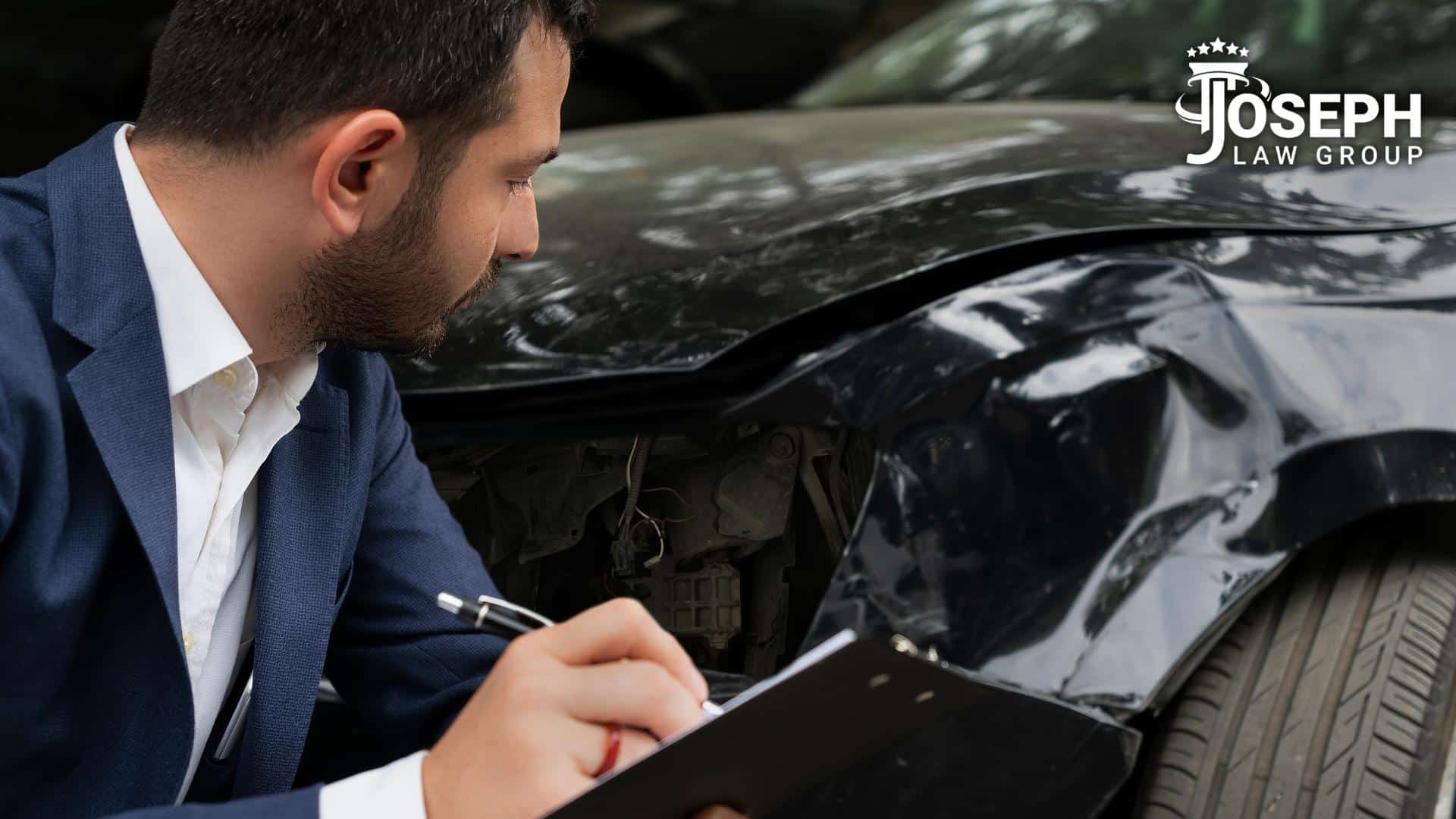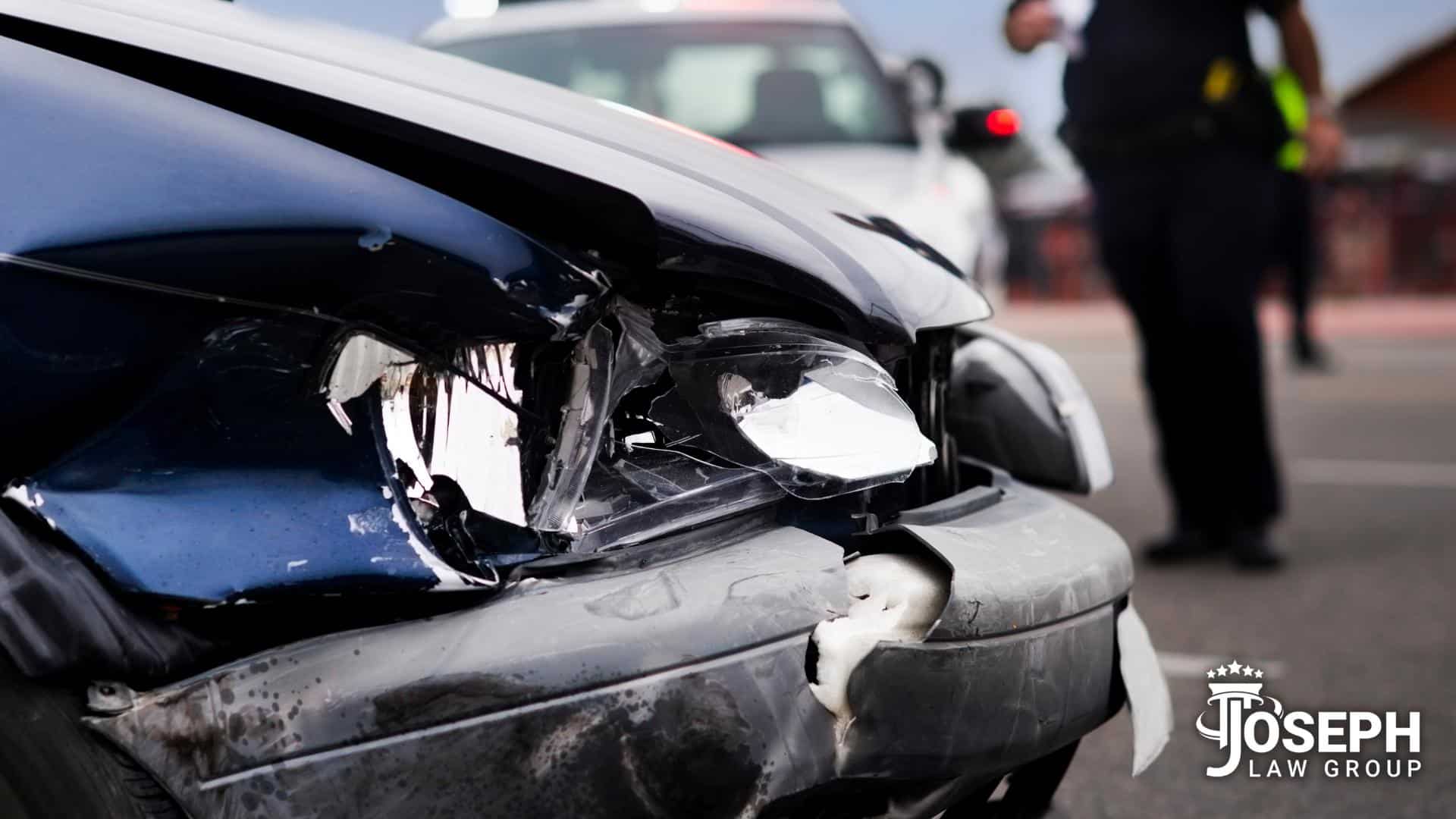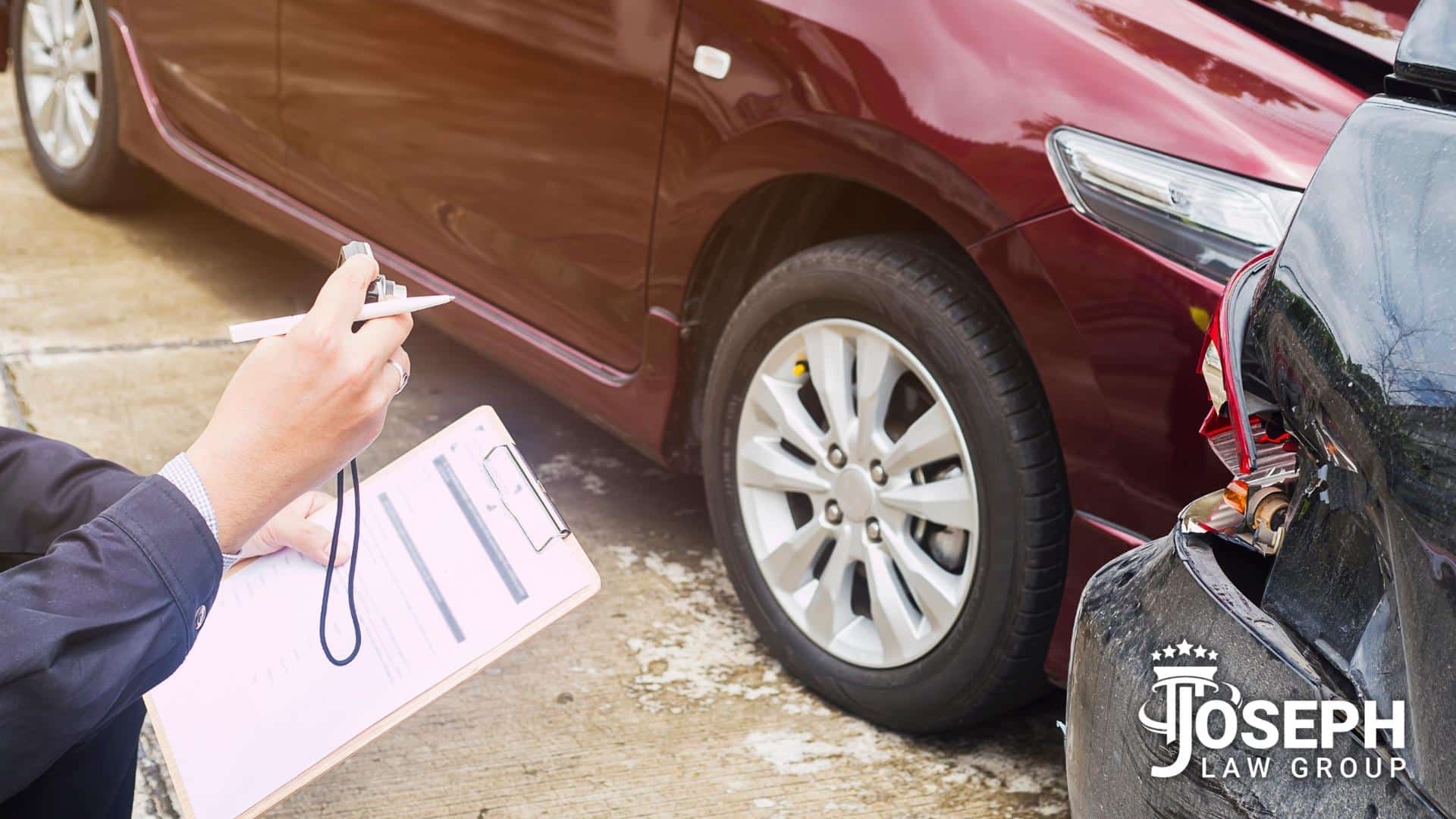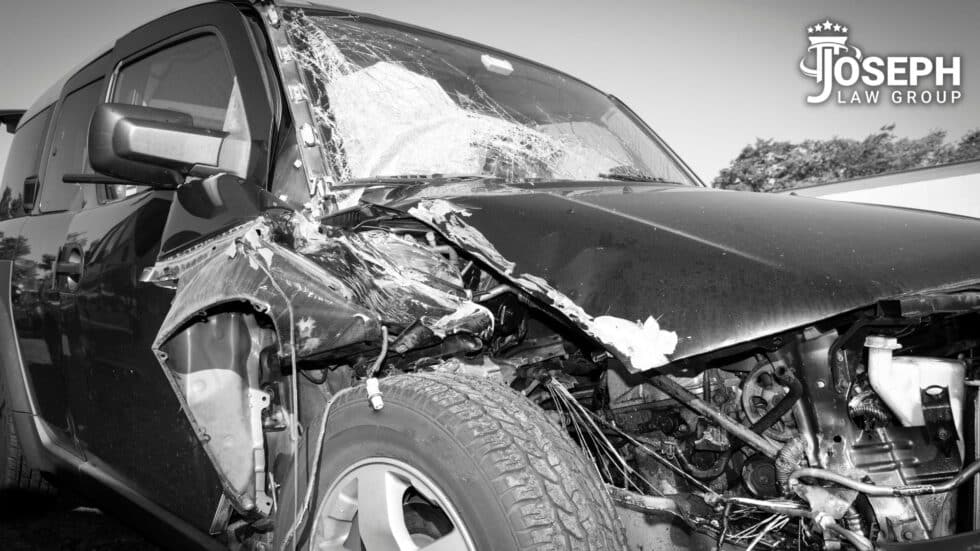A car accident is often a traumatic experience, especially one that results in the total loss of your vehicle. When vehicles sustain significant damage in car accidents, insurance companies will usually consider the vehicle a total loss when the cost of repairs is more than the vehicle is worth.
In this post, the Cleveland personal injury attorneys at Joseph Law Group explain what it means to total a car in Ohio and what happens after a totaled vehicle car crash.
Car Totaled Meaning
Following a car accident, in order for your car to be totaled or considered a “total loss,” the amount of money that it would cost for you to repair your vehicle must be more than the actual cash value of the car. The actual cash value of a vehicle is what the vehicle was worth prior to the accident. There is a difference between the actual cash value of your car and what you owe on the car. The amount you owe on your vehicle is not a determining factor in calculating the car’s actual cash value.
Your insurance provider will usually inspect the vehicle before deciding it’s a total loss. They may also review the repair estimates when making their decision. Since the entirety of the damage isn’t always visible on the outside, the inspections are an essential part of determining whether or not a car is totaled.

Total Loss Insurance Claim in Ohio
Ohio is a fault-based insurance state, meaning that the at-fault driver’s insurance company is responsible for paying damages. In order to receive payment for damages following an accident, you’ll need to file a claim with the other driver’s insurance company. Ohio requires all motorists to have at least $25,000 in property damage insurance coverage.
Certain states have their own guidelines when determining what can be considered a totaled car. In Ohio, insurance agencies are required to use the Total Loss Formula when deciding if a vehicle is a total loss. This formula adds the cost of repairs and the salvage value together. If the total amount exceeds the vehicle’s actual cash value, the insurance company determines the car to be a total loss.
Actual Cash Value
Ohio considers the actual cash value of your vehicle as either the amount of money the car is worth at the time of the accident or what it would cost to replace the vehicle minus depreciation. When determining actual cash value, the insurance company does not take into consideration the amount you paid when you initially purchased the vehicle or what you currently owe on a car loan.
Salvage Value
The salvage value is the amount of money that the undamaged parts, metals, and other materials are worth. Your vehicle’s salvage value is usually less than the actual cash value.
Cost of Repair
The repair cost is how much it would cost to repair the vehicle instead of totaling it. The cost of repair only includes repairs that would bring the vehicle back to the current state in which you were driving it at the time of the accident. It does not include upgrades or add-ons to the car.

Ohio Total Loss Threshold
The total loss threshold in Ohio is determined by the vehicle’s actual cash value instead of a predetermined percentage or amount. This means your car’s total loss threshold may differ from another person with the same vehicle. The total loss threshold takes several factors into account, like the condition of the car, the age, mileage, prior damage, and if the vehicle has undergone any upgrades or added any features.
What Happens After a Car is Totaled?
Once your car is determined a total loss, the insurance company can either offer you the actual cash value of the vehicle in the form of cash or offer a replacement vehicle. However, in Ohio, insurance companies will typically offer a monetary settlement instead of a replacement vehicle. If you disagree with the insurance company’s offer, you can dispute it. There are circumstances where the insurance provider may not include sales taxes and other fees when determining the settlement value.

How Do Insurance Companies Calculate the Value of a Totaled Car?
If the insurance company decides to give a monetary settlement for the totaled car instead of providing a replacement vehicle, they need to determine the vehicle’s actual cash value.
Calculating the actual cash value of a car can be done in one of three ways:
- Averaging the cost of two similar vehicles that are for sale or have been sold in your area within the last 90 days. The cars must be similar in make, model, condition, and year.
- If there are no similar vehicles for sale or that have been sold in your area, the insurance company can take the average estimated value from at least two local car dealers.
- The insurance company can use a service like NADA, J.D. Power, Kelley Blue Book, or other similar organizations specializing in accurate motor vehicle pricing in the area.
It’s important to note that if you owe more on your totaled vehicle than the actual cash value, the insurance company isn’t required to pay off your vehicle. This is where gap insurance coverage can be beneficial. If you have gap coverage on a vehicle which is determined a total loss, and you owe more on the vehicle than it is worth at the time it is damaged, then you can apply gap insurance to cover the difference.
What if I Total a Leased Car?
If you total a leased or financed car, the insurance payment will be given to the leasing or financing company, which means you’re responsible for any other costs not covered. This is another situation where it’s beneficial to have gap insurance in addition to your normal car insurance policy. Gap insurance will cover the difference between what is currently owed on the totaled vehicle and its value.
Who Pays for the Totaled Car?
Since Ohio is an at-fault state, the driver’s insurance company is responsible for paying damages. If the at-fault driver is underinsured or does not have any car insurance, your own collision coverage with your insurance policy should cover the damages. It’s important to note that if you do not have comprehensive coverage or collision coverage, you may not be able to receive reimbursement for the actual cash value.

When to File a Total Loss Claim
You may want to consider filing a total loss claim if the repair costs for the vehicle are more than the replacement costs. Working with an experienced Ohio car accident attorney can help ensure that any settlement you’re offered is fair or the replacement vehicle meets the proper requirements. Even if you don’t plan on pursuing legal action for your totaled car claim, working with a car accident attorney can make the process of dealing with insurance companies easier. Plus, you can rest assured knowing that your attorney won’t let the insurance company lowball your settlement amount.

















